Reunifying Korea Takes ‘Patience’: World Leaders and Peacemakers Advance Global Efforts to Reunite Korea
Photo credit FFWPU
New pathways rooted in interdependence, mutual prosperity, and universal values have been forged by global leaders who took part in the virtual International Leadership Conference (ILC), sponsored by the Universal Peace Federation (UPF). The ILC addressed the peaceful reunification of the Korean Peninsula, a primary focus of UPF’s co-founders, Dr. Hak Ja Han Moon and the late Rev. Dr. Sun Myung Moon, who were born in North Korea and fled the war-torn area to the south.
“These experts from all disciplines, from heads of state, to diplomacy, media, business, faith, academia, and the arts, combined their expertise to bring peace to the Korean Peninsula and address other areas of conflict in the world,” said UPF International President, Dr. Michael Jenkins.
The three day virtual conference, from April 28 to 30, included 83 prominent figures from the USA, Canada, and Central and South America. The ILC in the Americas—one of four similar programs happening concurrently in Asia, Europe and Africa, with their own regional experts—helped develop “expert working groups” and a new Alliance for a Unified Korea.
The conference’s 10 sessions highlighted key areas involving government, media, the business and economic sector, religion, and arts and culture. In the geopolitical sphere of Northeast Asia, “what happens to one nation affects all the others,” said former U.S. Congressman Hon. Dan Burton, co-chair of the International Association of Parliamentarians for Peace (IAPP), who served 30 years on congressional foreign affairs committees. Hon. Burton said North Korea’s isolation poses a danger, but “as long as there is talking, there is no fighting.”
“Patience must persist,” said former Canadian Prime Minister Rt. Hon. Stephen Harper. “An outreach between regular Korean people and civil society on both sides of the border must take place whenever it is possible.”
Panelists noted that the world’s free media should promote justice, peace, and harmonious alliances while looking for and creating “openings” to closed nations like North Korea and China.
“One of the primary pillars is to promote and maintain awareness that free market democratic societies should tolerate and not be intimidated by the presence of free media spaces that are full of political opposition and critical debate or criticism of government leadership,” said Mr. Guy Taylor, national security team leader at The Washington Times. Mr. Taylor, who has reported extensively on Northeast Asia, said newsmakers can and should play a major role in informing the world about the Korean Peninsula, and that the media can build bridges toward its peaceful reunification.
Women leaders including Hon. Mrs. Mignon Bowen-Phillips, Second Lady of Guyana; Hon. Mdm. María Fernanda Flores de Alemán, former First Lady of Nicaragua; and Hon. Mdm. Emilia Alfaro de Franco, former First Lady of Paraguay said that since the Korean conflict affects the whole world, all nations must be involved in its peaceful resolution.
Dr. Julia Moon, president of the Women’s Federation for World Peace International (WFWPI) and the daughter of Rev. and Dr. Moon, said women greatly influence efforts toward peace due to their “nurturing qualities,” and that world peace can be achieved when society centers on God “as one human family.”
“[My parents] devoted their entire lives to the cause of world peace,” said Dr. Julia Moon. “Their message is simple and unchanging… We must not repeat our mistakes, but go beyond the self-centeredness of the past and learn to live for the sake of others. Our world needs peacemakers, and women are naturally suited for this effort.”
Speaker Dr. James W. Jackson, founder of Project C.U.R.E., one of the largest NGO suppliers of medical equipment in the world, talked about his visit to Pyongyang in 1993 and said governing bodies must desire change for unity to come about, as “economic philosophy determines politics.” It is important to build strong relationships on the Korean Peninsula and create “examples of working together successfully” and “a working model that could be multiplied,” he said.
Since the Korean War in 1950, the peninsula has remained divided at the 38th parallel, and no peace treaty has been signed. Rev. George Augustus Stallings, Jr., founder of the Imani Temple in Washington, D.C., said “reconciliation and justice” are instrumental to peace, and, “there can be no peace without the supremacy of love that would bind us together in oneness.”
The elimination of all terrorism and weapons of mass destruction from the world is another important element for peace, said Dr. Muzammil Siddiqi, Harvard Ph.D. in Comparative Religion and president emeritus of the International Islamic Association of America. “Religious dialogue is very essential to creating solutions and long-term developments,” he said.
Launched in 2007 by Rev. and Dr. Moon, the ILC series is a call to action largely carried out by the global network of UPF chapters in 150 nations. ILC 2021 concluded with a global resolution of signatories committed to advancing efforts of reuniting the Korean Peninsula.
You can learn more about the Universal Peace Federation here.
Comments are welcomed and encouraged on this site, but there are some instances where comments will be edited or deleted. Please see our comments policy here.

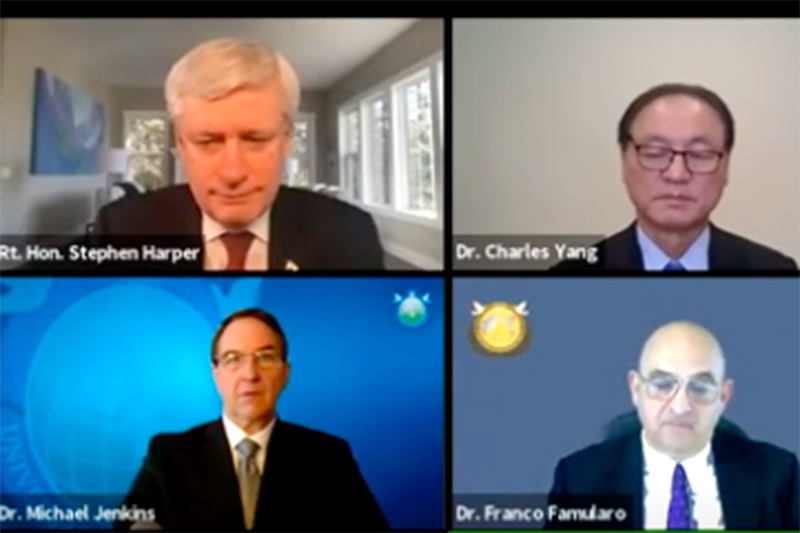

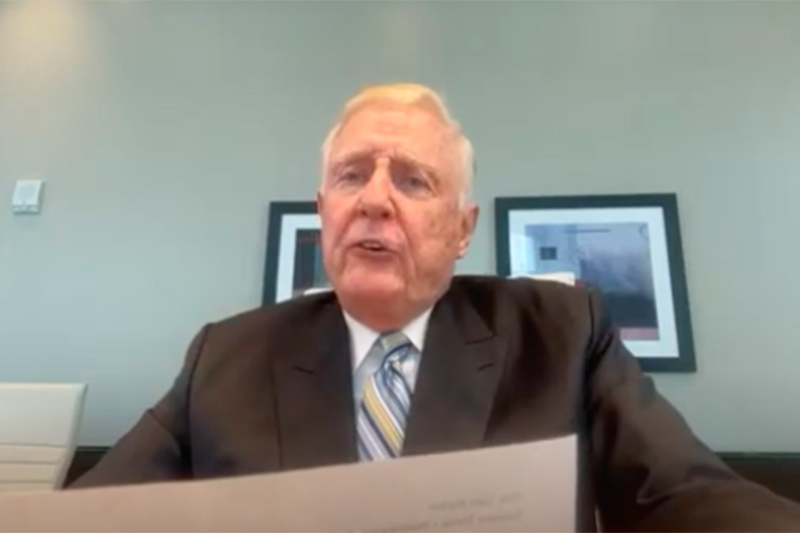
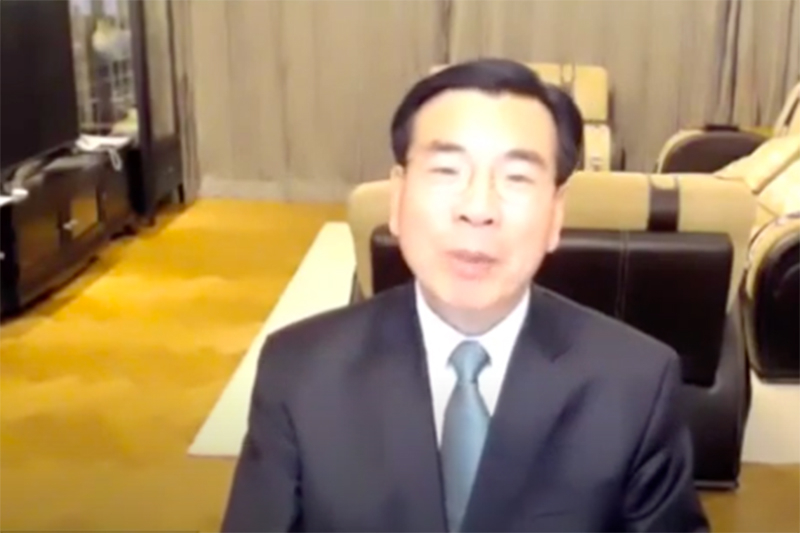
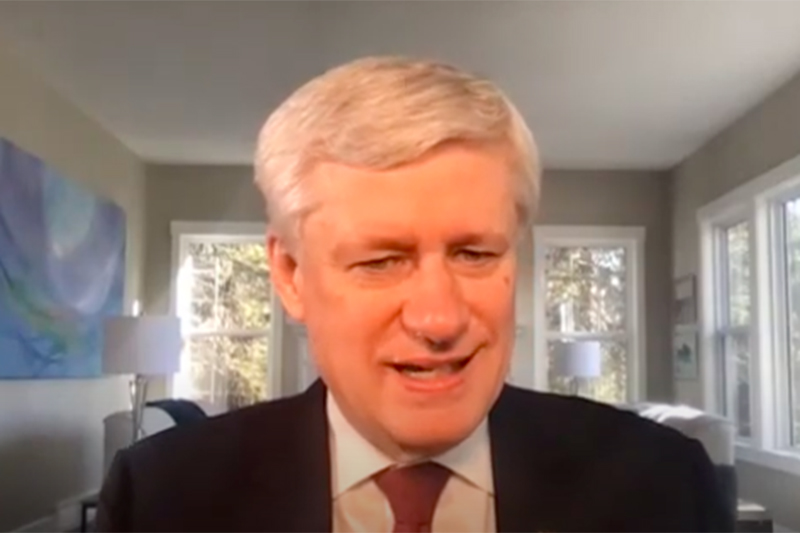
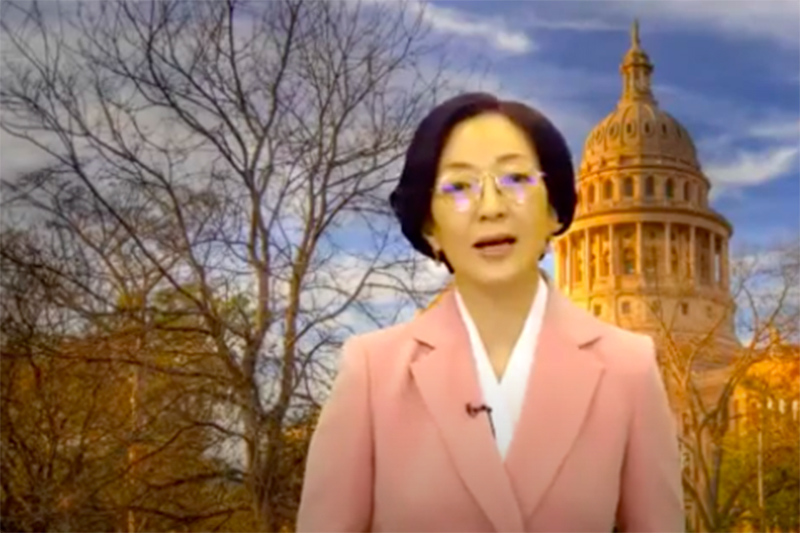
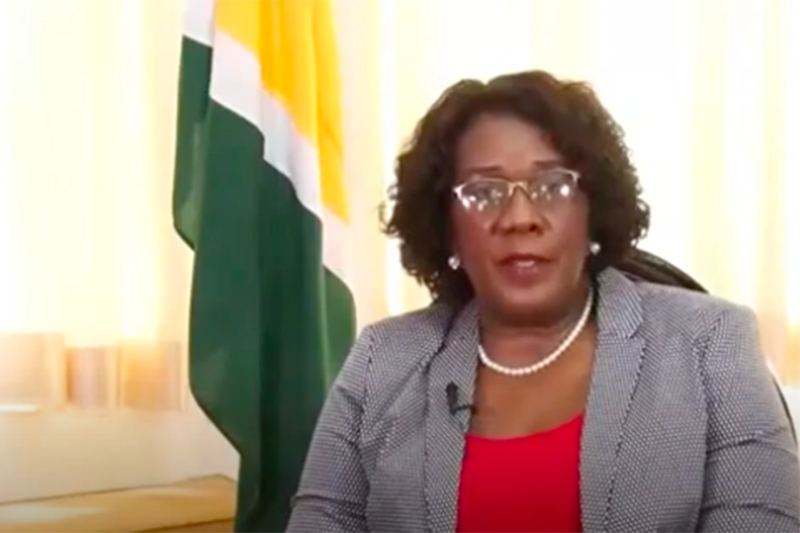
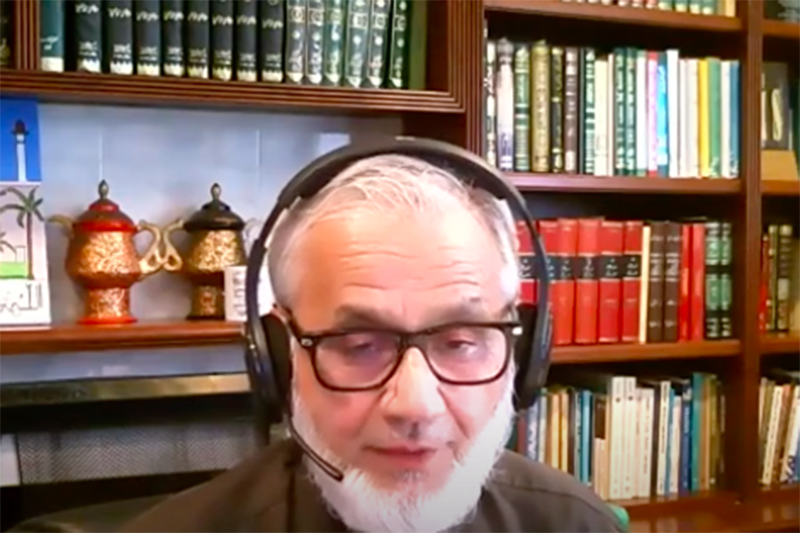
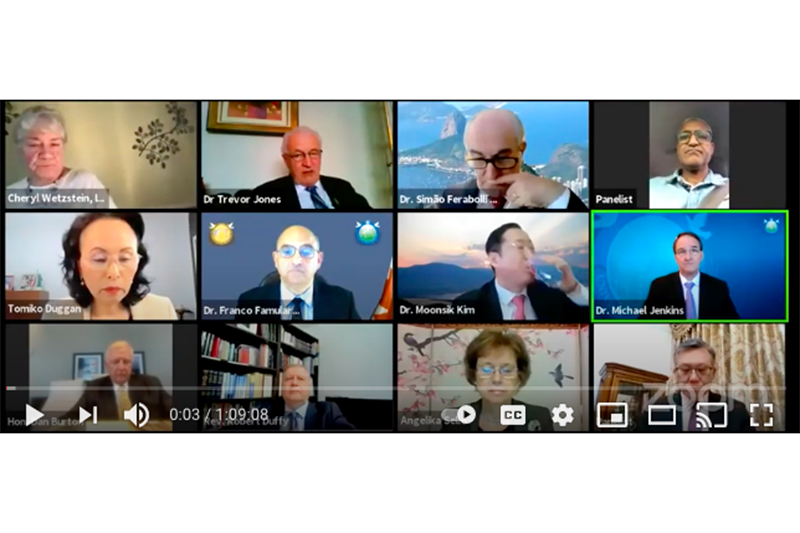
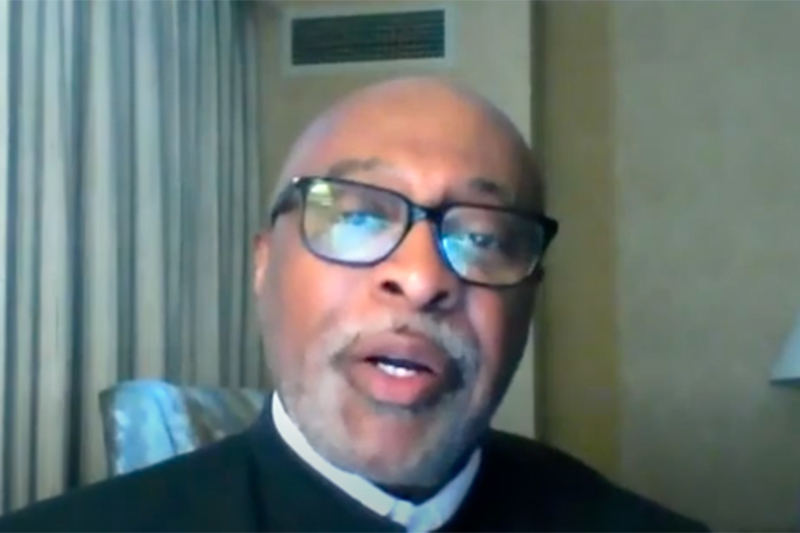
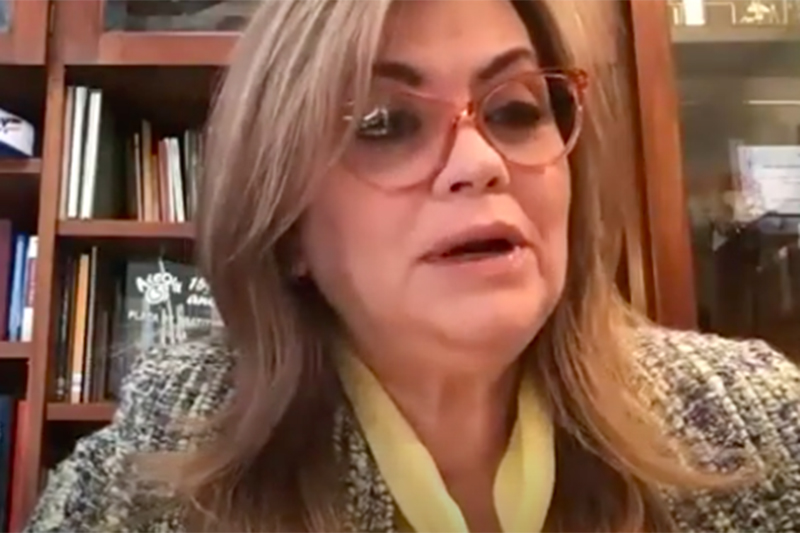
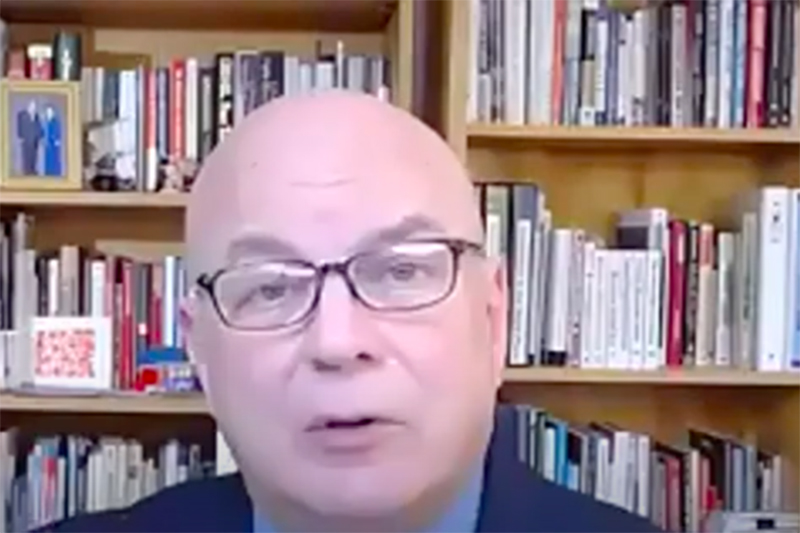
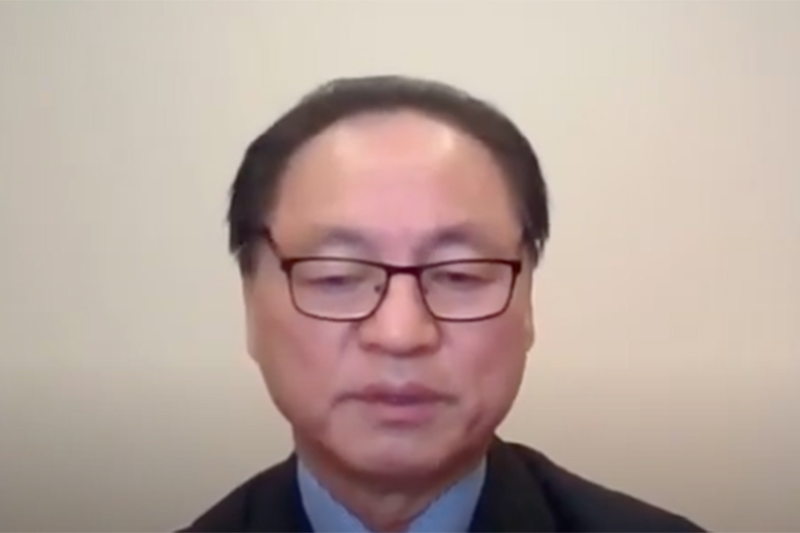
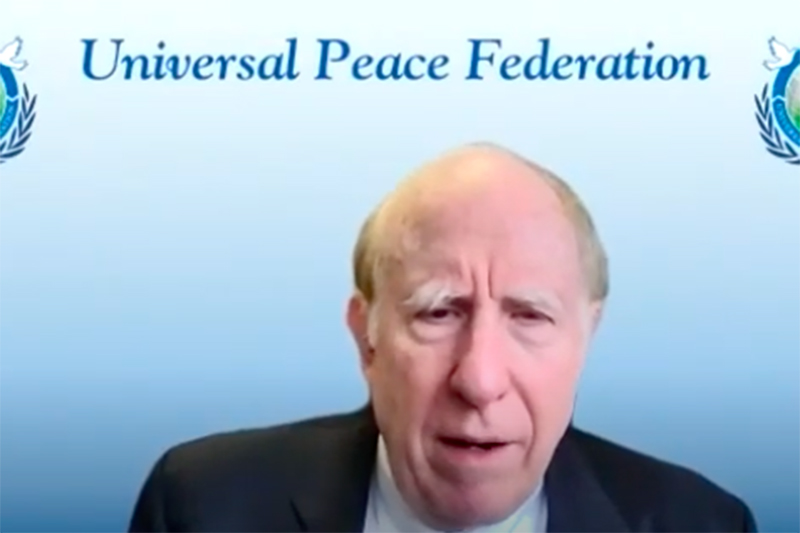
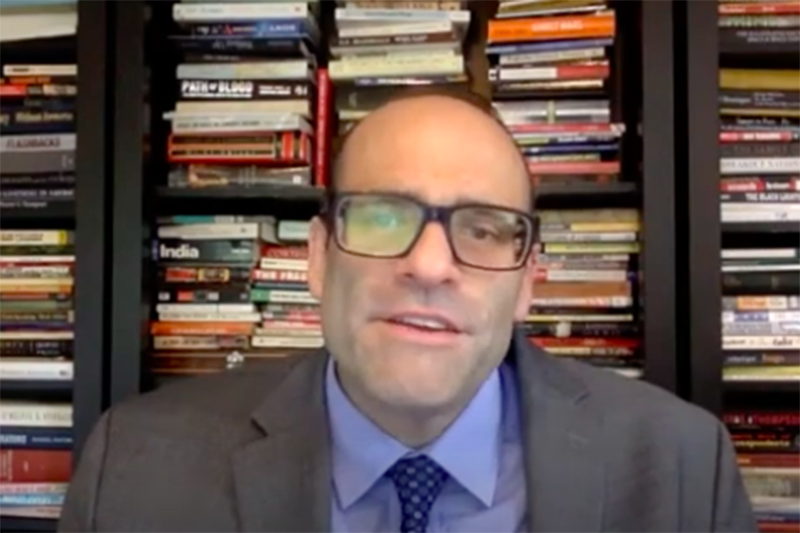
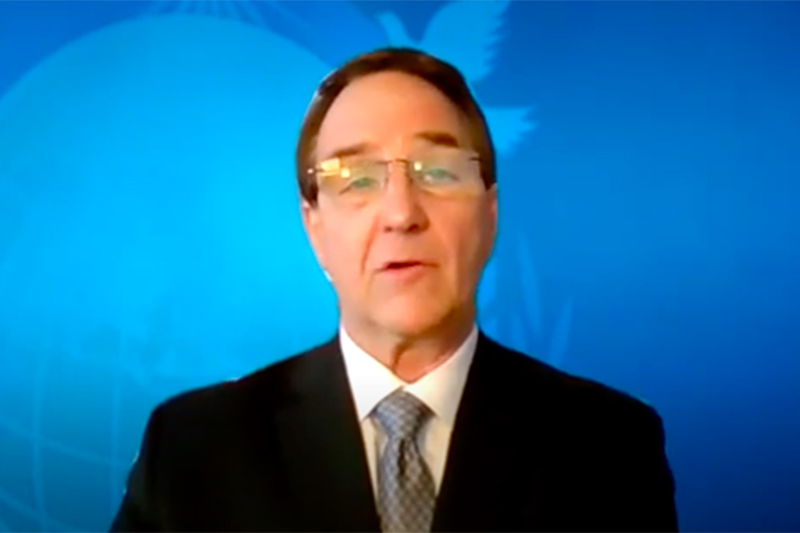
Caroline Hanssen
| #
The light of hope is getting brighter each day. Thank you for your hard work and heartwork everyone.
Reply
Caroline Hanssen
| #
The light of hope is getting brighter each day. Thank you for your hard work and heartwoek everyone
Reply